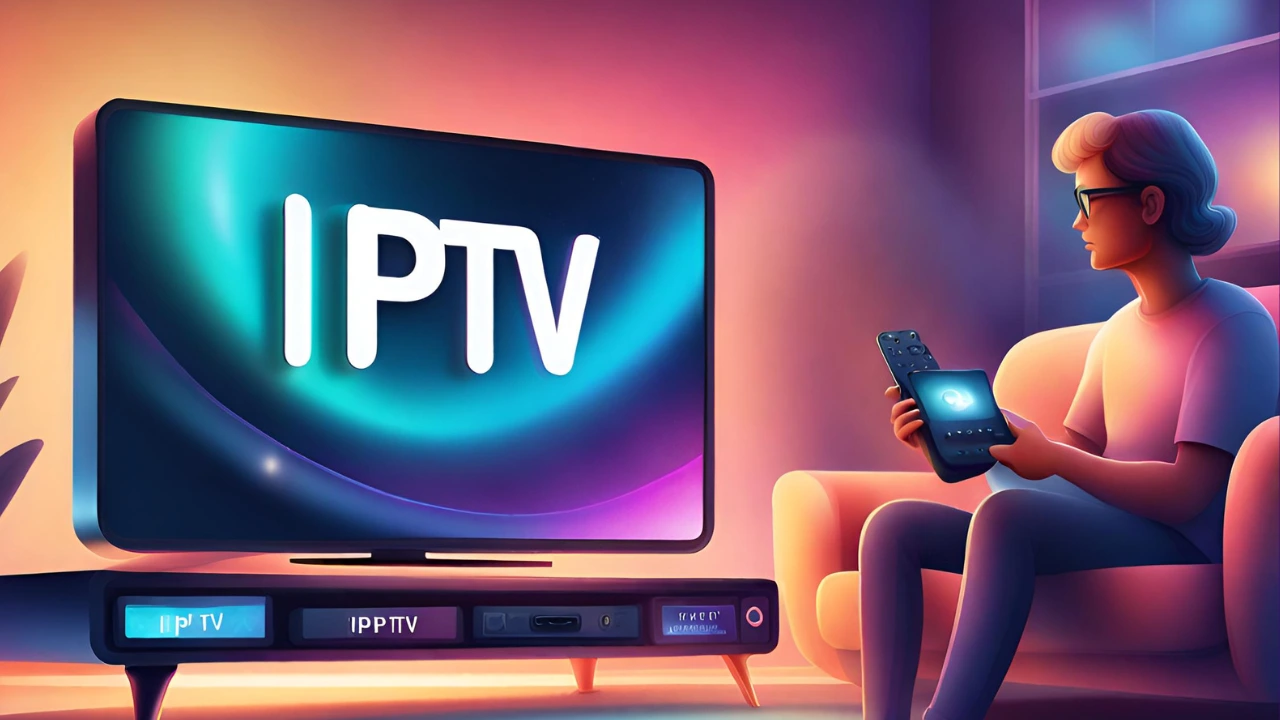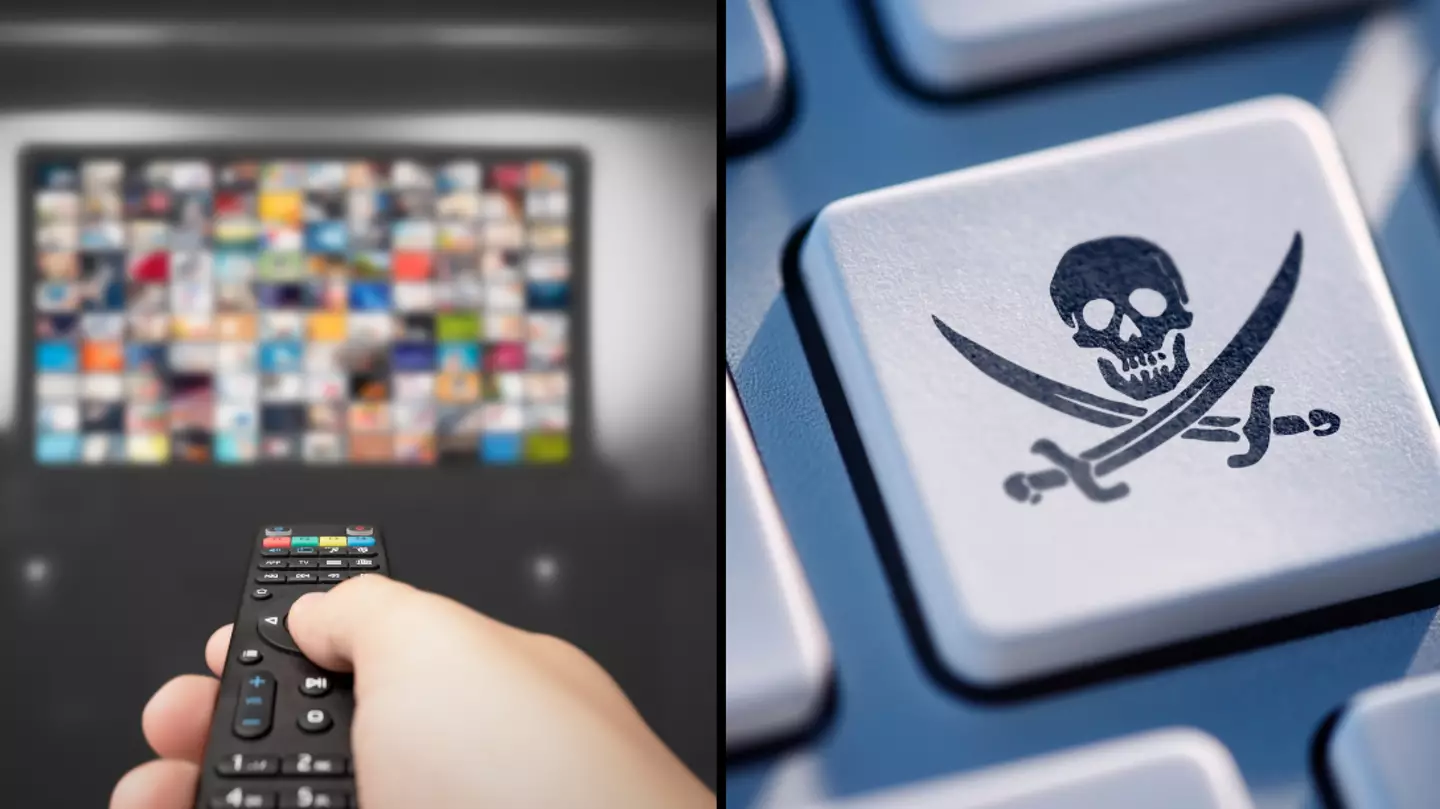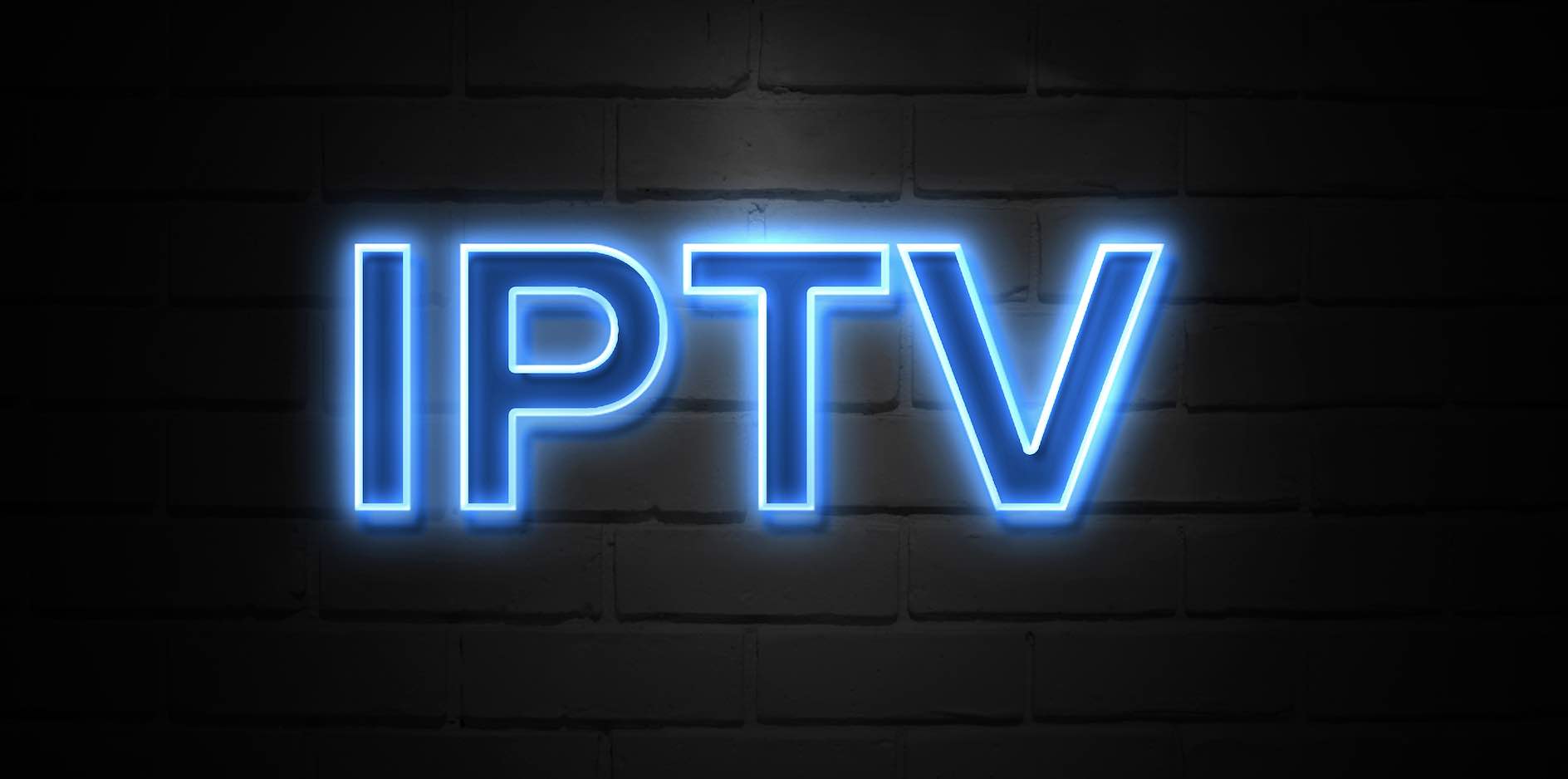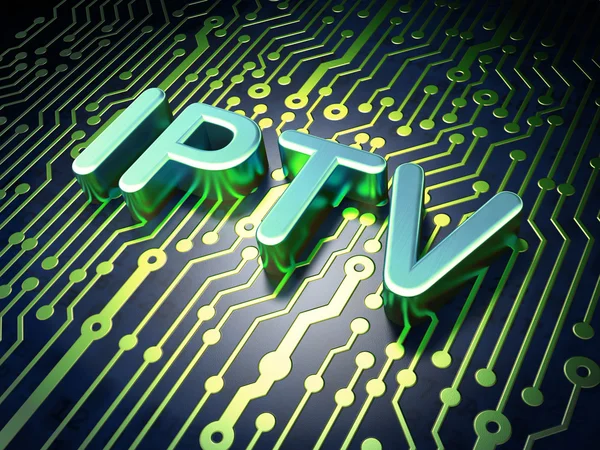You know what’s cool? Having access to an insane number of TV channels, movies, and shows at the touch of a button. That’s exactly what Internet Protocol Television (IPTV) offers. It’s like having a buffet of content right there, and you’re the VIP guest.
But wait…there’s a catch. Just like you can’t sneak out of a restaurant without paying the bill, you also can’t ignore the legal stuff behind IPTV. And let me tell you, the copyright issues around IPTV are something you really don’t want to mess with. Let’s break it down together.
What is IPTV Anyway?

Before we jump into the sticky legal parts, let’s get clear on what IP TV is. You’ve probably heard of Netflix, Hulu, or Disney+, right?
IPTV is a bit like that, but instead of just one company offering its own library of content, IPTV services usually provide access to live television broadcasts, movies, and sometimes even international channels—all delivered over the internet.
Types of IPTV
Not all IPTV services are the same. Some of them are perfectly legit, while others…well, not so much. Here’s a quick breakdown:
- Free IPTV Services: Often found online with a simple Google search. They claim to offer hundreds of channels at no cost. Sounds too good to be true? It probably is.
- Subscription-based Services: These services require a paid subscription and are typically more legitimate. Think of services like Sling TV or YouTube TV.
- Pirated IPTV Services: These are the shady ones offering access to premium content for little to no money. They might even throw in pay-per-view events for a fraction of the cost. But, spoiler alert: they’re illegal.
Now, with great content comes great responsibility (yes, I just pulled a Spider-Man there). So, let’s talk about the risks of getting tangled up in IPTV’s legal web.
Why Copyright Issues are a Big Deal

Copyright law is serious business. It’s the reason creators, production companies, and broadcasters get paid for their hard work. When you use IPTV services, you might be breaking copyright laws without even realizing it. Here’s how:
- Unauthorized Streaming: Many IPTV services stream content without proper licensing. In other words, they’re using other people’s work without permission. If you’re watching through one of these services, you could be on the hook too.
- Distribution of Copyrighted Material: Some services allow users to upload and share content. If someone uploads a movie or TV show without proper rights, that’s a violation. And if you’re using the service to view or share it, you’re part of the problem.
It’s easy to think, “Well, I’m just watching TV. How bad can it be?” But here’s the thing: copyright law doesn’t see it that way. Even passive viewers can face legal consequences.
A Quick Reality Check
There are a few key ways copyright violations can impact you:
- Legal Fines: Copyright owners can pursue legal action against individuals who use unauthorized IPTV services. Fines can range from a slap on the wrist to tens of thousands of dollars per infringement. Yeah, not pocket change.
- ISP Warnings: Internet Service Providers (ISPs) monitor online activity and often send warnings to users who stream from illegal IPTV sources. Ignore enough of them, and you might find yourself with a suspended internet account.
- Security Risks: Shady IPTV services often come with malware, spyware, and other nasties that can infect your device. It’s like playing Russian roulette with your personal data.
So, when people say that copyright issues aren’t something you should brush off, they’re right. But now, let’s move on to how you can avoid getting caught in the legal crossfire.
How to Protect Yourself from IPTV Copyright Issues

It might feel a little overwhelming, but staying on the right side of the law isn’t that hard if you know what to look for. Here are some practical steps you can take to make sure your IPTV use is legit:
Stick with Official IPTV Providers
This is the simplest way to avoid copyright problems. When you subscribe to legitimate IPTV services like YouTube TV, Sling TV, or even your local cable provider’s internet-based options, you’re in the clear. Why?
Because these services pay for the content they stream to you. They’ve got the right licenses, so you don’t have to worry about being on the wrong side of the law.
Be Skeptical of “Too Good to Be True” Deals
We all love a bargain, but if a service offers hundreds of premium channels for a suspiciously low price, you should raise an eyebrow. Chances are, they haven’t obtained the necessary licenses, and watching that content puts you at risk.
Look for:
- Transparent pricing
- Terms of service that explicitly mention licensing agreements
- Support from major broadcasting companies
Check the Legitimacy of Apps and Plugins
Some IPTV services require you to download apps or plugins. Before you do that, double-check the source. Is it coming from a reputable app store, like Google Play or the Apple App Store?
Or is it from some random website with questionable security? Always be cautious, as downloading unofficial software could land you in trouble—not to mention, it could infect your device with malware.
Know the Law in Your Region
Laws around IPTV can vary depending on where you live. In some places, accessing pirated content might lead to harsh penalties.
In others, the focus may be more on the service provider. Either way, it’s smart to familiarize yourself with local regulations to stay on the safe side.
What Happens if You Get Caught?

So, you’re probably wondering, “What happens if I get caught using illegal IPTV services?” Well, it depends. Let’s go over a few possible scenarios:
Warnings from Your ISP
The first warning sign is likely to come from your ISP. If they notice you’re accessing pirated IPTV streams, they might send you a notice to stop. Keep doing it, and your ISP could throttle your internet speed or suspend your service entirely.
Legal Notices
If you’re unlucky, the copyright holders might come after you. They could send a cease-and-desist letter, asking you to stop using the service and threatening legal action if you don’t comply. In extreme cases, you might face a lawsuit and end up paying hefty fines.
Criminal Charges
While rare, criminal charges are a possibility. Some regions treat large-scale piracy as a serious offense, punishable by jail time. While it’s more likely that service providers or distributors would face these charges, heavy users can sometimes be caught in the net.
IPTV and Copyright Enforcement

Copyright law isn’t static, and enforcement around IPTV is ramping up. Governments and copyright holders are starting to crack down more aggressively on illegal streaming services. Here’s what’s happening behind the scenes:
- Stronger Laws: Some countries are implementing stricter anti-piracy laws that target not only the providers but also the users of illegal IPTV services.
- International Cooperation: Countries are collaborating more to shut down piracy operations. If a service operates from one country but streams to another, authorities are coordinating efforts to shut them down across borders.
- Technological Advances: IPTV service providers use advanced technology to stay under the radar, but copyright holders are stepping up their game too. They’re using sophisticated tracking and watermarking tools to catch piracy in action.
This means that more people are being held accountable, and the risk of using illegal IPTV services is higher than ever.
Final Thoughts
IPTV can be an awesome way to access tons of content, but it’s important to know what you’re getting into.
Pirated services might seem like a good deal at first, but the potential legal and financial consequences can far outweigh the savings. And let’s not forget about the risks to your personal data and privacy when using shady apps or services.
Stick to legitimate providers, ask questions if something feels off, and don’t fall for deals that seem too good to be true. Trust me, your wallet—and your peace of mind—will thank you later.
So, enjoy your favorite shows, but be smart about where you’re watching them.







